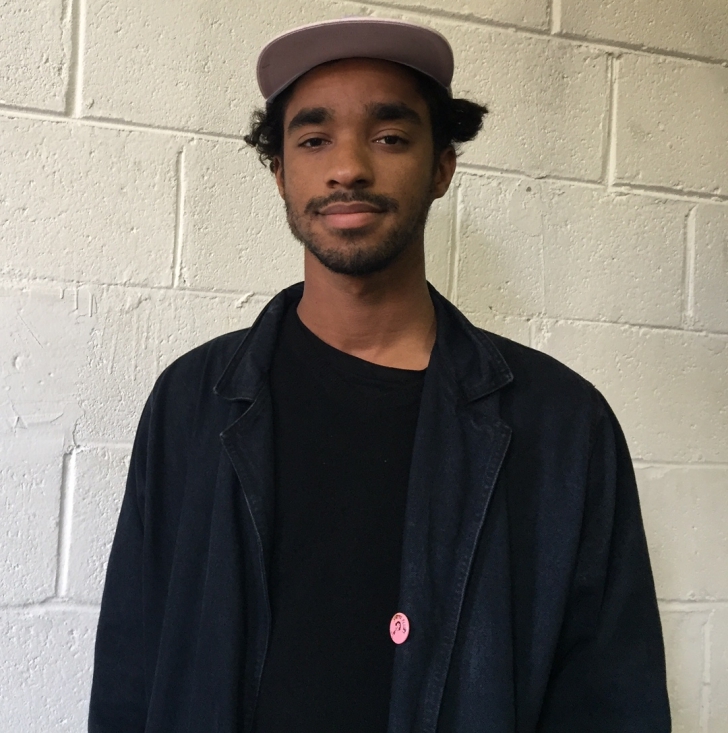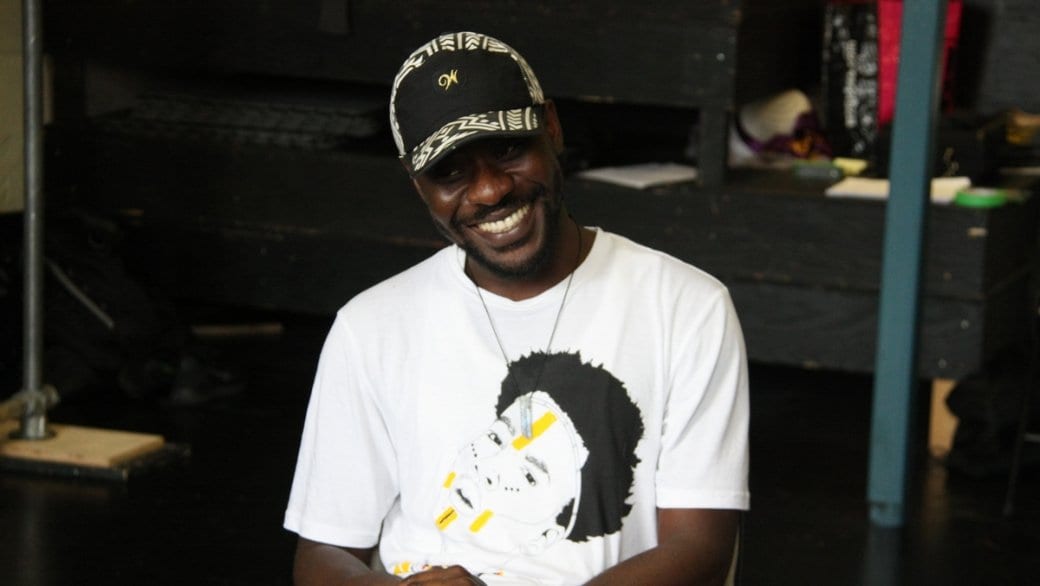Whether it’s stereotypical images portrayed by the media or negative perceptions furthered by society, black boys — and their bodies — are frequently misunderstood and criticized.
“There’s an image that black bodies can be seen as a danger or threat. Sometimes I can feel that on me when really that isn’t me,” says Stephen Jackman-Torkoff, one of the performers in the upcoming play, Black Boys.
“It’s hard to move when people are putting so many ideas on you,” he adds.
And it’s that very idea of movement that the play will employ, as three black male performers move on stage in effort to dissect and discover their identities. Jackman-Torkoff, along with fellow performers Tawiah M’Carthy and Thomas Olajide, will officially take the stage on Nov 19, 2016, at Toronto’s Buddies in Bad Times Theatre, where they will premiere the piece.
Directed by Jonathan Seinen, Black Boys follows the performers as they explore what it means to be a black male in society and in relation to one another, through their identities and personal experiences. These performers celebrate and challenge assumptions about the black male body through a fusion of black culture, queer culture and personal experiences in a stage work that straddles the line between play and performance piece.
“I think [Black Boys] has to do with investigating history . . . and being able to move past the pain and struggle the black male body has gone through and is going through,” M’Carthy says. “The idea of having these conversations on stage, we allow each other to exist and move to the future.”
But even though three black bodies will be on stage — a significant moment in itself for M’Carthy as they will speak their own truths on stage — the performers stress the importance of recognizing that while their identity as black men unifies them, they are also individuals with their own stories to tell.
As a Ghana-born Canadian, M’Carthy is interested in investigating what it means to be someone who wasn’t born in Canada, and is using his performance in Black Boys to create space for the narratives of minorities and those who might be considered “others” within the queer community.

Jackman-Torkoff is just beginning to create his own sense of identity — he’s half-black, half-white and grew up in the foster care system without many queer people or people of colour in the same vicinity.
“Growing up I didn’t always identify black; I didn’t know how, based on my experiences being in a white family [and] in a white school. Or even my sexuality; I didn’t identify as anything when I was growing up,” Jackman-Torkoff says. “Then I identified as gay, and now I’m figuring it out again — where I’m going, how I, personally, want to figure it out — and in this project I can do that because if there are any stereotypes, we’re putting [them] on ourselves.”
“The experience of everyone looking at us and expecting we have the same experience is what drives me in the show. We’re all black, but we’re all individuals,” says M’Carthy.
Because of their varied experiences, they will be using myriad of expression — ranging from dance, poetry, scripted scenes, music and conversation — to tell their stories.
“We’re all different and have different parts, so it makes sense that the play would. It makes sense one person can do that with words and the other with sounds or visuals,” Jackman-Torkoff says. “It’s a real multi-disciplinary piece for a reason. The full expanse of the story couldn’t be told without using many forms. I find ourselves being formless and always transforming.”
By sharing stories based on personal experiences instead of stories that have been imposed on them, Jackman-Torkoff and M’Carthy hope to reimagine the black male body through intersections of sexuality, gender, and race.
“The more you can integrate all the parts of yourself, the deeper you can go into your own humanity. If you’re not going into those intersections, you’re missing a lot,” Jackman-Torkoff says. “Parts of me identify as black and parts of me as queer. My artistry, my sexuality, my experiences, they all exist together. They’re not separate things. When I feed that intersection, what arrives is a fuller version of me.”
Torkoff admits theatre is a place where limitations placed on LGBT people of colour can be lifted. But although there has been a recent re-emergence of queer theatre classics in Toronto, theatre risks excluding the stories of queer people of colour.
“An institution can stop a queer person of colour from telling their story, but I’m learning beyond theatre,” says Jackman-Torkoff. “There are queer people of colour floating around out there . . . we can create anything outside these bounds.”
M’Carthy says that even queer theatre spaces need to be more welcoming.
“For me, it’s important to introduce new narratives not just on main stages on main theatres and not just in the country; LGBTQ stages need to be more inclusive so everyone feels recognized, seen and heard,” he says.
M’Carthy sees the potential for Black Boys to create change both inside and out of the theatre. “We’re changing the norm and hopefully that inspires other artists. Hopefully they don’t wait for someone to write a story,” he says. “We came together as a collective and we’re going to tell the story we want to tell.”
“We took the action. If the work is not there, we’re going to create the work. If the space is not available, you have to take the space.”
Black Boys
Nov 19–Dec 11, 2016
Buddies in Bad Times Theatre, 12 Alexander St, Toronto

 Why you can trust Xtra
Why you can trust Xtra


